

Dealing with acne-prone skin can be a rollercoaster of emotions, but don’t lose hope. With a consistent, gentle skincare routine and the proper lifestyle habits, you can achieve a healthier, clearer complexion. At Kristina Marie Beauty, we believe in providing you with the best advice to care for your skin, no matter how challenging your acne journey might feel. Here are our top skincare tips to help you take control of your breakouts and restore your confidence.
Choose a Gentle Cleanser
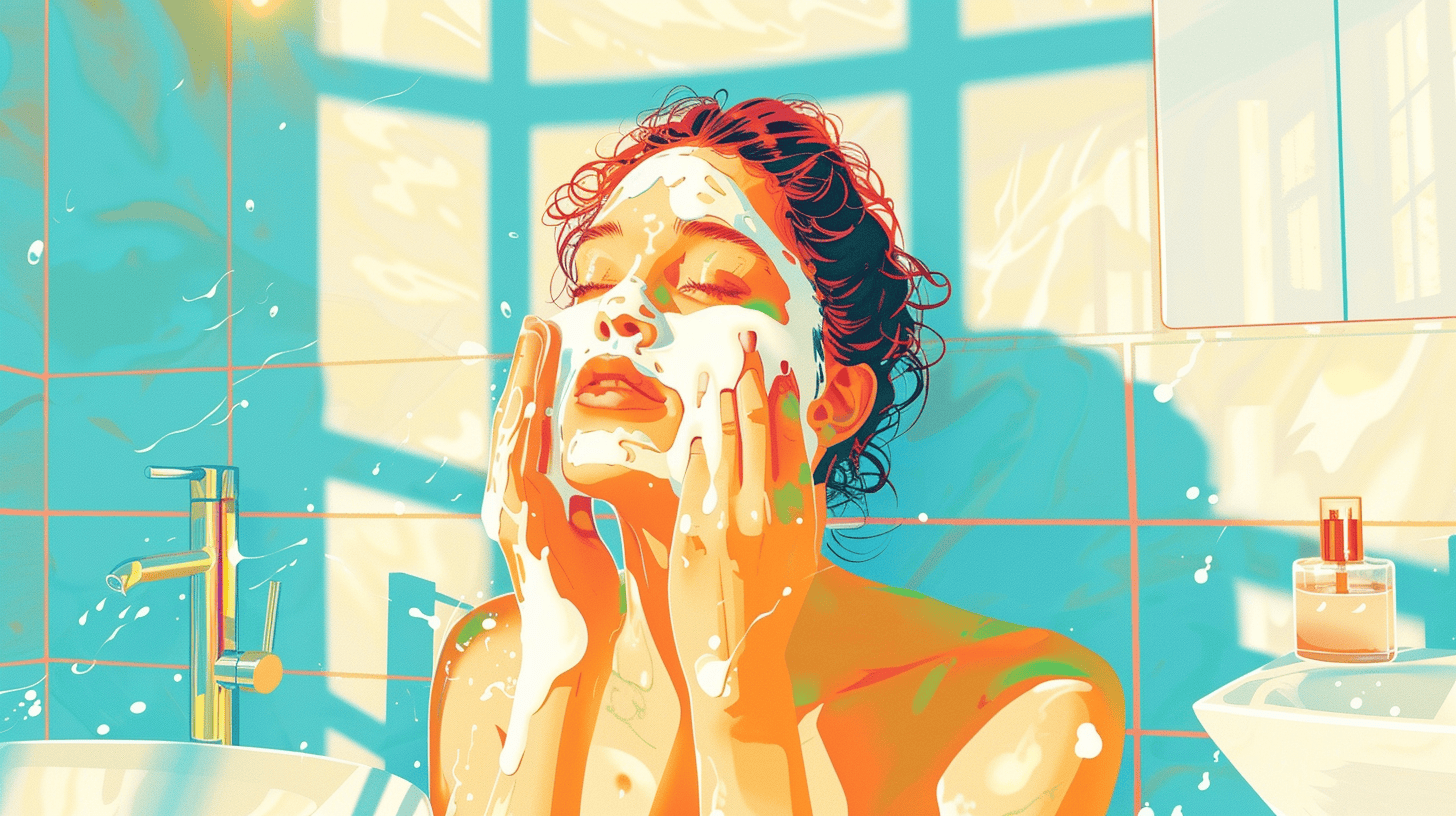
Cleansing is the essential first step in your skincare routine, especially if you have acne-prone skin. Your goal is to remove dirt, oil, and impurities without damaging your skin’s natural moisture barrier. Many people mistakenly think that the harsher the cleanser, the better. However, using products that strip your skin of all its natural oils can lead to increased oil production as your skin tries to rebalance itself.
What to Look For: Seek out a gentle, sulfate-free, non-comedogenic cleanser. Ingredients like salicylic acid can penetrate deep into the pores to clear excess oil and exfoliate dead skin cells, while benzoyl peroxide targets acne-causing bacteria. If your skin is particularly sensitive or reactive, a soothing gel or cream cleanser with calming ingredients like chamomile, green tea extract, or aloe vera can work wonders.
Pro Tip: Use lukewarm water (never hot!) to cleanse your skin, as hot water can irritate and dehydrate the skin. Be sure to cleanse your face every morning and night, and consider double cleansing in the evening if you wear makeup or sunscreen.
Hydration is Key

It’s a common misconception that moisturizers are the enemy of acne-prone skin. Many people fear that using a moisturizer will make their breakouts worse. However, skipping this crucial step can dry out your skin, leading to more oil production and further clogging of your pores. Proper hydration helps balance your skin and supports its natural barrier, which is essential for preventing acne.
Best Ingredients for Acne Prone Skin:
- Hyaluronic Acid: This humectant draws water into the skin, providing lightweight hydration without feeling greasy.
- Glycerin: Another powerful humectant that attracts moisture and helps keep your skin hydrated throughout the day.
- Ceramides: Essential lips that restore and maintain the skin’s protective barrier, preventing moisture loss and protecting against environmental irritants.
Pro Tip: Apply your moisturizer while your skin is still slightly damp after cleansing. This helps to lock in hydration and enhances the effectiveness of your moisturizer.
Spot Treatments for Targeted Action
We’ve all had those moments where a pimple pops up at the worst possible time. Instead of panicking, reach for a targeted spot treatment. These treatments are formulated to work quickly on individual blemishes, reducing redness, swelling, and bacteria.
Effective Spot Treatment Ingredients:
- Benzoyl Peroxide: Known for killing acne-causing bacteria, this ingredient is effective but can be drying. Start with a lower concentration if you have sensitive skin.
- Salicylic Acid: An oil-soluble acid that exfoliates inside the pore lining, helping to clear out blockages and prevent new pimples from forming.
- Sulfur: A natural mineral that absorbs excess oil and has antibacterial properties, making it a great option for inflamed pimples.
- Tea Tree Oil: A natural, gentle antiseptic with anti-inflammatory properties. Be sure to dilute it before applying it directly to the skin.
How to Use: Apply your spot treatment only to active pimples after cleansing and before moisturizing. Avoid using it on large areas of your face, as it can cause dryness or irritation.
Sunscreen is Non-Negotiable
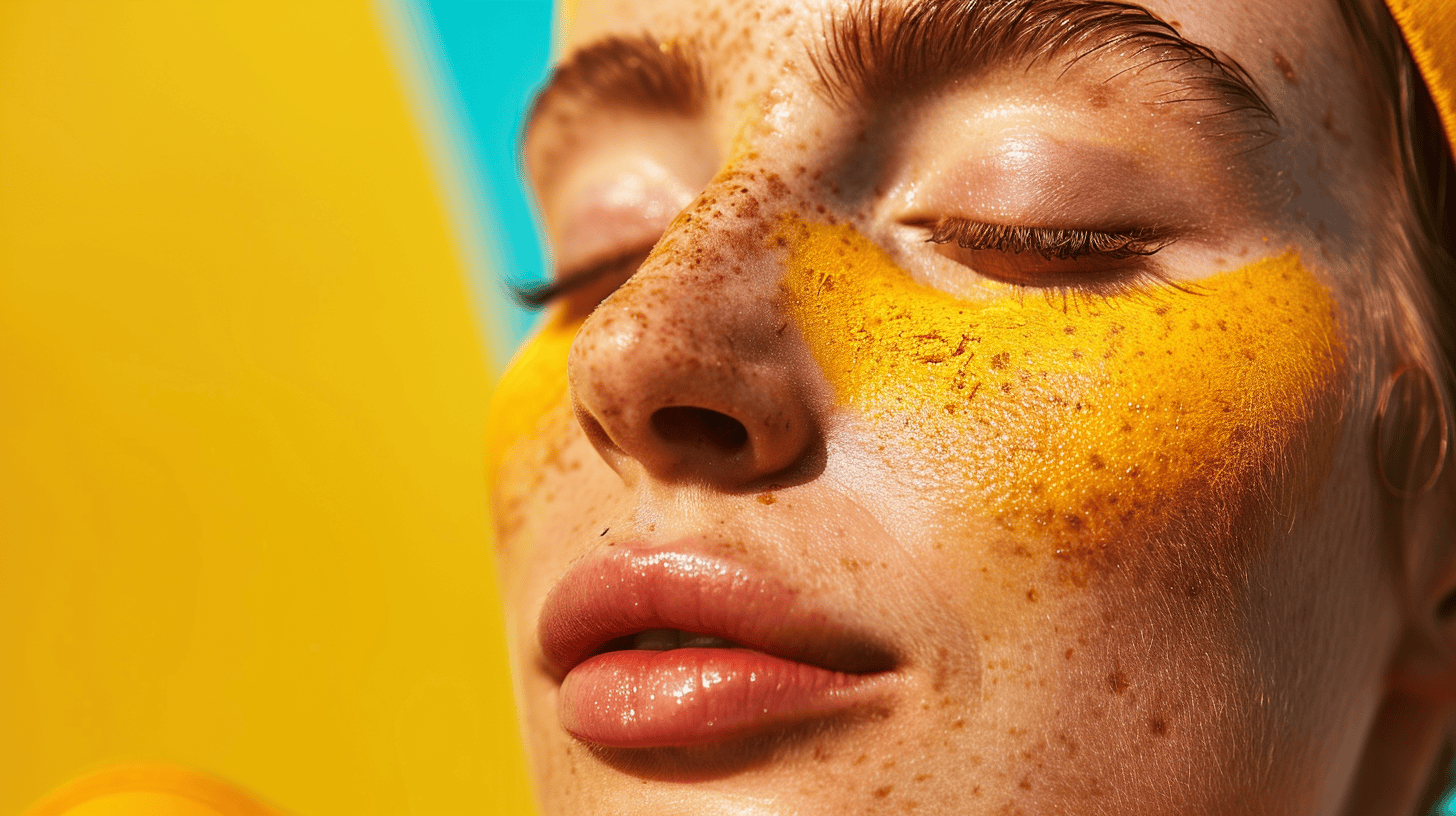
Sunscreen is often the most overlooked but crucial step in an acne-prone skincare routine. Sun exposure can worsen acne scars, hyperpigmentation, and inflammation. Plus, many acne treatments, such as retinoids or exfoliating acids, make your skin more susceptible to UV damage.
Choosing the Right Sunscreen:
- Look for a broad-spectrum SPF 30 or higher to protect against both UVA and UVB rays.
- Choose an oil-free, non-comedogenic formula to prevent clogging your pores.
- Mineral Sunscreens: If you have sensitive or acne-prone skin, mineral sunscreens containing zinc oxide or titanium dioxide are a good choice. They sit on top of the skin and reflect harmful rays without causing irritation.
Pro Tip: If your sunscreen feels heavy or greasy, try a gel-based or water-based formula. Many lightweight sunscreens now come in matte or skin-blurring versions, perfect for keeping oil at bay.
Don’t Overdo It with Products
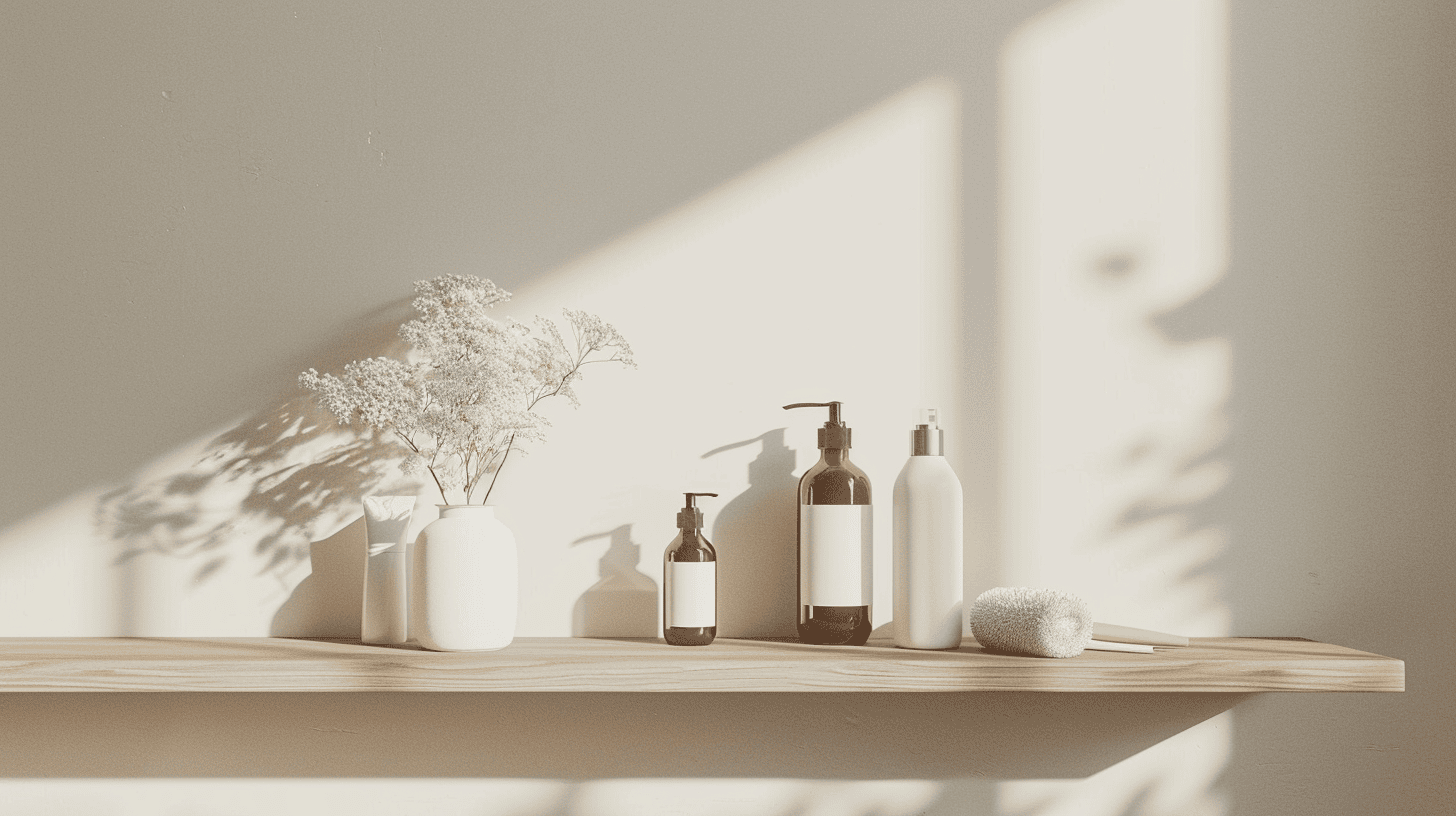
In the quest for clearer skin, it’s easy to fall into the trap of using too many products. However, bombarding your skin with an arsenal of harsh ingredients can disrupt your skin barrier and lead to increased sensitivity, redness, and breakouts. Simplify your routine by sticking to essential products that work harmoniously together.
At a bare minimum, your routine should look something like this:
Morning: Cleanser à Moisturizer à Sunscreen.
Night: Cleanser à Treatment (if needed) à Moisturizer.
However, depending on your skin's condition, you may need to adjust this routine. Your esthetician can examine your skin closely and help you develop a routine and products that are suitable for you.
Pro Tip: Pay attention to your skin. If you notice signs of irritation, such as redness, dryness, or a burning sensation, scale back and give your skin time to recover.
Keep Your Hands Off Your Face
It’s hard to resist the urge to touch your face, but doing so can spread bacteria, oil, and dirt that can lead to more breakouts. Picking at your pimples not only increases the risk of infection but can also result in scarring that may be difficult to treat.
Tips to Help You Break the Habit:
- Be mindful of when you touch your face, such as when you’re bored or anxious.
- Keep your hands busy with a stress ball or fidget spinner.
- If you’re a habitual picker, consider using pimple patches or covering problem areas with a small bandage to serve as a reminder.
Pro Tip: Make sure to regularly clean surfaces that are frequently touched, like your phone screen. Your phone accumulates bacteria that can easily transfer to your skin when you talk on the phone.
Change Your Pillowcases Regularly
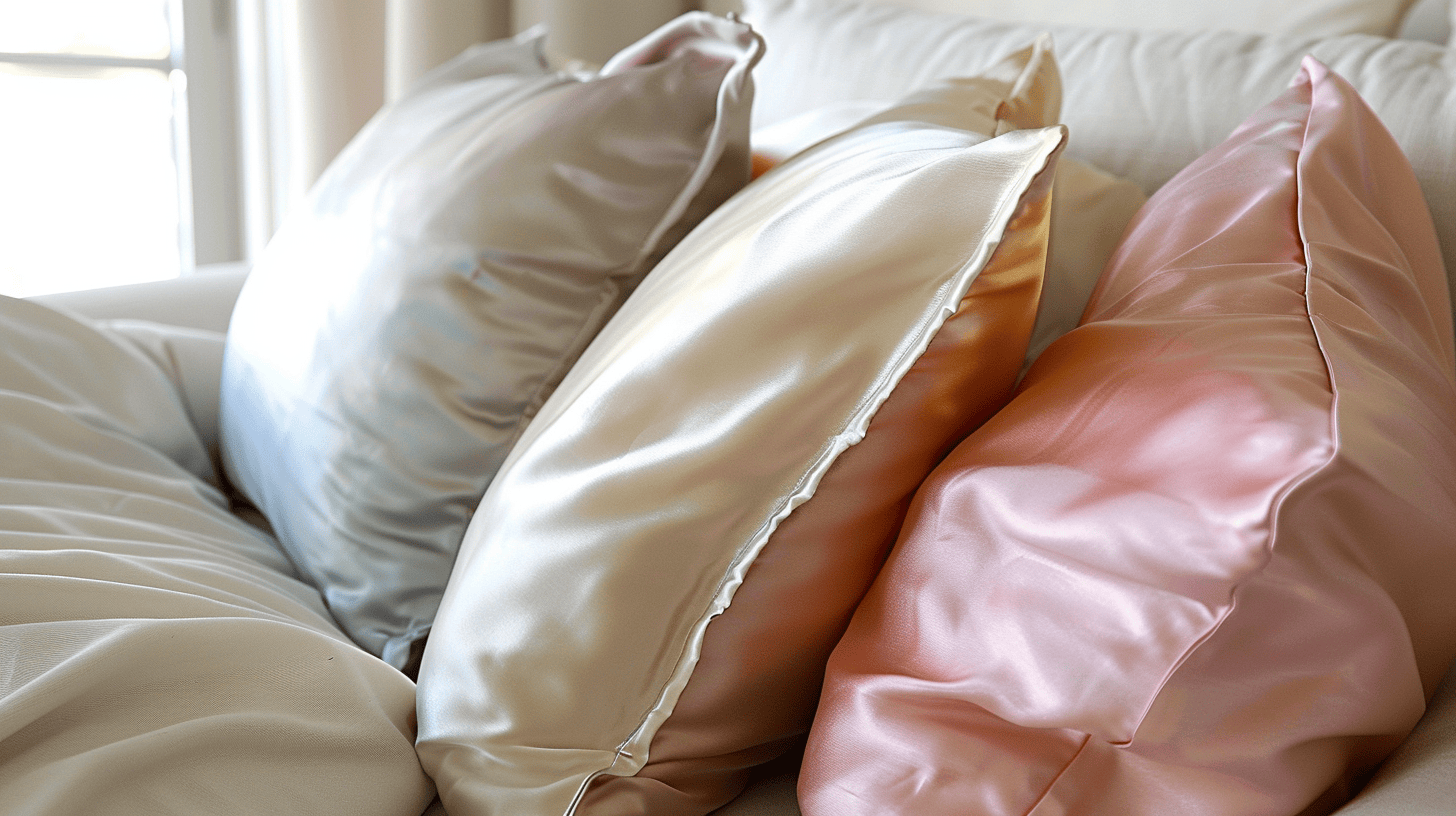
Your pillowcase can accumulate oil, sweat, dead skin cells, and product residue, creating a breeding ground for bacteria. Changing your pillowcase at least once or twice a week can help prevent these impurities from transferring to your skin as you sleep.
Extra Hygiene Tips:
- Consider using silk pillowcases (or satin for a less expensive alternative). They’re hypoallergenic, gentler on the skin, and less likely to cause irritation or friction compared to cotton pillowcases.
- Wash your face before bed, especially if you’ve been sweating or wearing makeup. Even if you’re tired, this step is crucial to keep your skin clean and acne-free.
Pro Tip: If you experience body acne, such as your back or chest, be mindful of the clothes you wear. Tight or non-breathable fabrics can trap sweat and bacteria. Shower and change out of sweaty clothes after working out.
Adopt a Healthy Lifestyle

The skin is a reflection of your overall health, so taking care of your body from the inside out can have a significant impact on your complexion. While no single diet or lifestyle change can cure acne, a healthy, balanced approach can support your skin’s health and resilience.
Diet and Skin Connection:
- Antioxidant-Rich Foods: Foods like berries, leafy greens, and nuts help fight free radicals and support skin health.
- Omega-3 Fatty Acids: Found in salmon, flaxseeds, and walnuts, omega-3s have anti-inflammatory properties that may help reduce acne severity.
- Hydration: Drinking plenty of water helps flush out toxins and keep your skin hydrated. Herbal teas and water-rich fruits like watermelon are also great options.
- Limit Dairy and Sugary Foods: While not everyone is sensitive to these, some people find that cutting back on dairy or high-glycemic foods reducing breakouts.
Managing Stress: Chronic stress can trigger hormone imbalances, leading to increased oil production and acne flare-ups. Incorporate stress-relief practices into your daily routine, such as yoga, meditation, or even a relaxing skincare ritual.
Pro Tip: Prioritize getting 7-8 hours of quality sleep per night. Sleep helps regulate stress hormones and allows your skin to repair itself. Make your bedroom a calming space to improve your sleep quality.
Final Thoughts
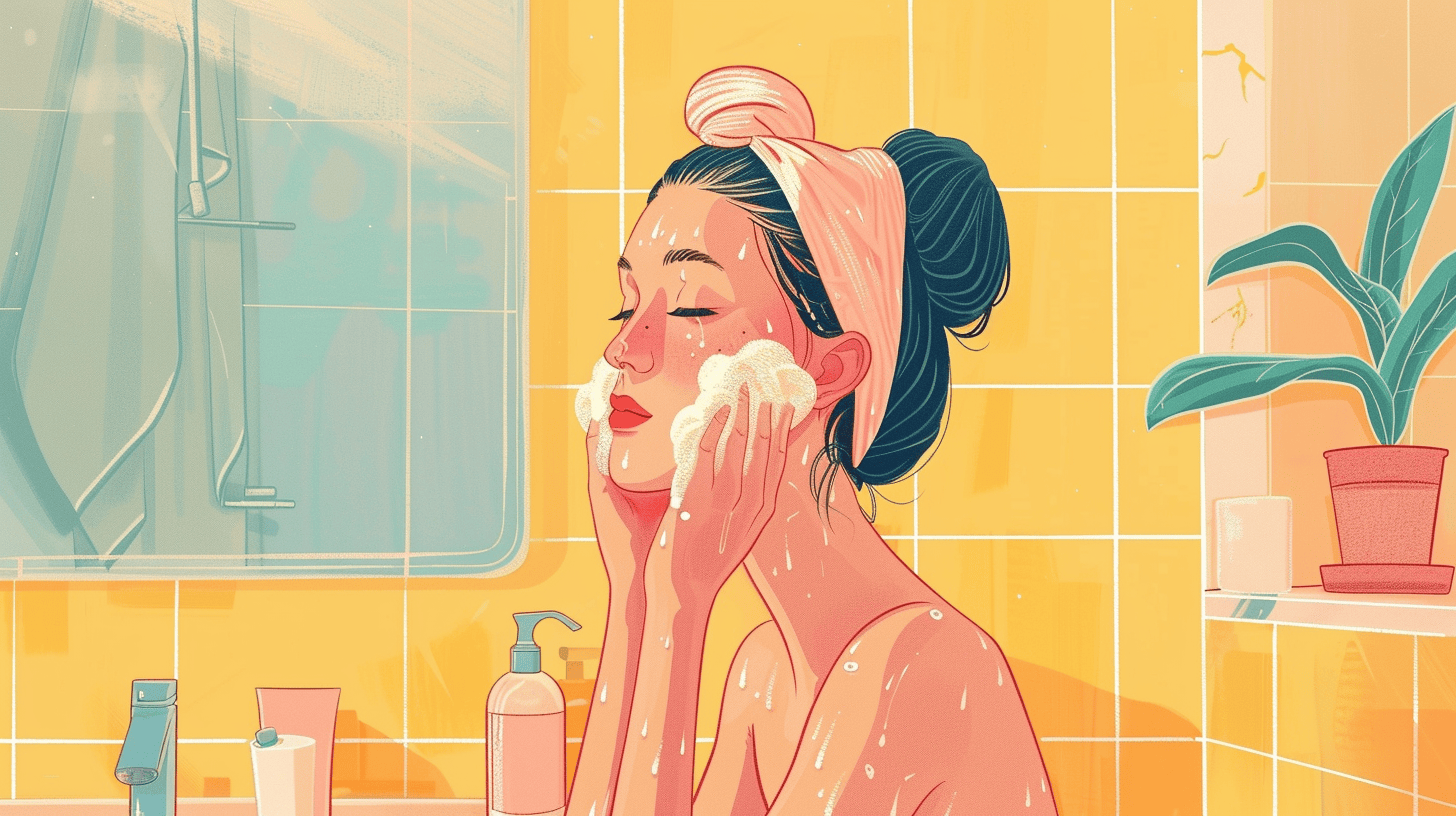
Taking care of acne-prone skin is a journey that requires patience and consistency. By sticking to a simple, effective skincare routine and adopting healthy lifestyle habits, you can take control of your skin’s health. However, while these ingredients and routines can be incredibly beneficial for reducing acne, it’s important to remember that skincare is not one-size-fits-all. What works wonders for one person may not have the same effect on another, and some ingredients might be too harsh or ineffective for your unique skin type.
If you’re feeling overwhelmed or unsure about which products to use, reaching out to a professional esthetician like Kristina can make all the difference. An expert can analyze your skin, identify your specific needs, and create a customized skincare plan tailored to you. Personalized guidance ensures you’re using the right products in the right way, setting you up for long-term skin health and confidence.
At Kristina Marie Beauty, we’re here to support your skincare journey with products and advice tailored to your unique needs. Stay patient, be kind to your skin, and remember that you’re never alone on your path to clearer, healthier skin.
portfolio
